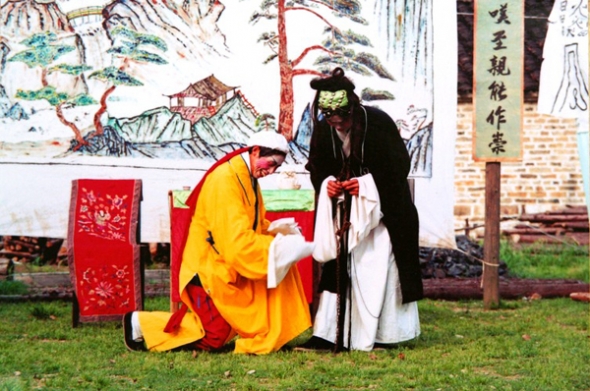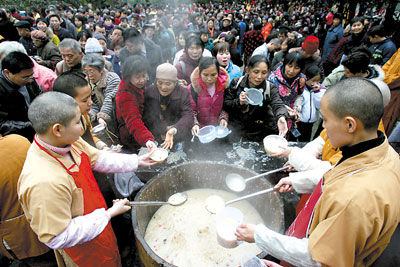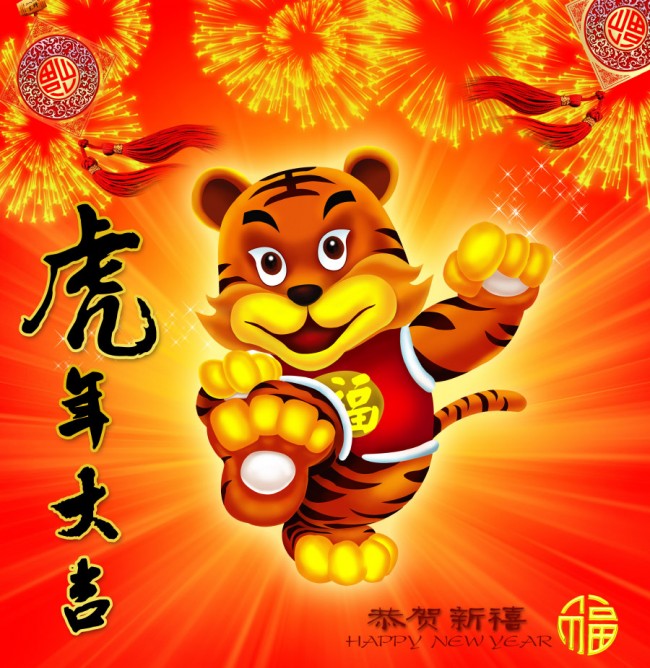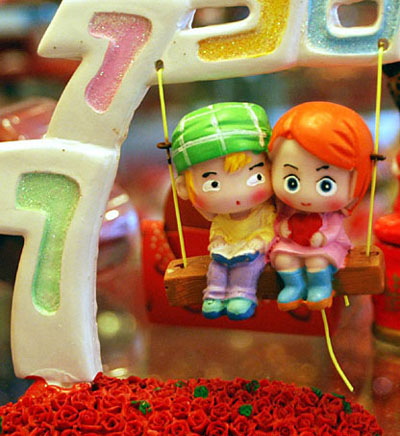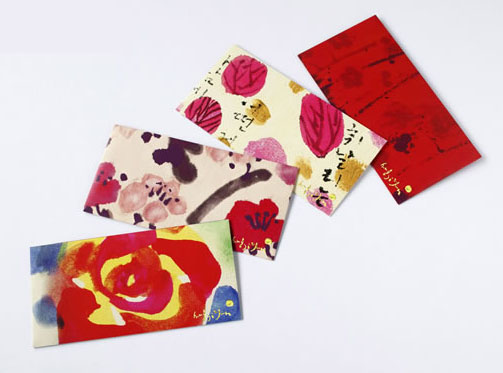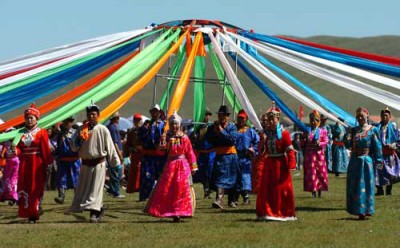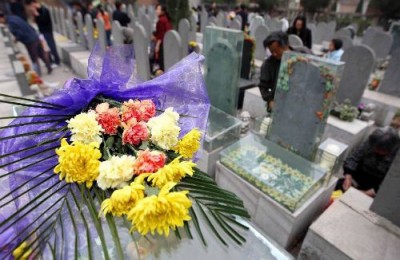Chinese Ghost Festival
You have probably heard of the Chinese Lunar New Year but have you also heard about the lesser well-known Hungry Ghost Festival or otherwise known as Chinese Ghost Festival? Just as the Americans has the Halloween, the Chinese have their version of a ghost festival too.
The Chinese Ghost festival is a mixed Taoist/ folklore occasion that is taken very seriously by the Chinese. This festival falls on the 7th month of the Lunar Calendar and is believed by the Chinese that during this month, the gates of hell are opened to let out the hungry ghosts who then wander to seek food on Earth.
Filial Chinese families would celebrate this festival to remember their dead family members and pay tribute to them. At the same time, they also pray and pay tributes to other unknown wandering ghosts so that these homeless souls will not intrude into their daily lives and bring along misfortunes or bad luck.
The Origin of Hungry Ghost Festival
The Hungry Ghost Festival has its roots in the Buddhist festival Ullambana, and also in Taoist culture. In the Tang Dynasty, the Buddhist festival Ullambana and its traditional festivities were mixed and celebrated on one day. Thus, the Ghost Festival has a special meaning for all Buddhists.
The Chinese believe that the dead become ghosts who roam between Heaven and Earth on the day of their death. Spirits without descendants to make offerings to them are fed during the ghost festival, so that they may not cause trouble to the living. This custom, an extension of the traditional Chinese notion of ‘universal love’, was started after the legend “Mu Lian Saving his Mother from Hades”, giving Ghost festival a dimension of filial piety.
There are many versions of this tale, but the gist of the story of Mu Lian is that of a young man who left home to become a monk, contrary to the doctrines of Confucian filial piety despite his mother wishing for him to stay so he was able to look after her.
When he had completed his training, he found that his mother has passed away. After intense meditation and prayer, Mu Lian sensed that his mother had been cast into the depths of hell for her past sins that he was unaware of! As an obedient son, he used all the powers in his attempt to rescue her from her plight. By fasting, praying and offering sacrifices of food and spirit money to the Lord of the Dark Realm, Mu Lian was able to rescue his mother from being a hungry ghost, forever looking for redemption.
How is the festival celebrated?
As the Chinese is that the dead return to visit their living relatives during the 7th month and thus the living family would prepare a sumptuous meal for the ‘hungry ghosts’. The Chinese feel that they have to satisfy the ghosts in order to get good fortune and luck in their lives.
During the 7th month celebrations, the Chinese offer prayers to the deceased relatives, burn joss sticks, paper money and offer food. It is a common sight to see entertainment performances or Chinese Opera and concerts performed on outdoor stages in some neighborhoods. These events are always held at night and are loud affairs with singing, operas, dances all performed at super high volume. There is a belief that this loud entertainment would attract and please those wandering spirits.
The entire show may be filled with living audience but take note that the front row seats are always left empty for… you guess it, the unseen ghosts, typically known as “Good Brothers”.
The Beliefs
Things You Should Do:
- Make an altar at a crossroad – for easy access and departure for spirits from 4 directions.
- Make offerings – food, drinks of the deceased.
- Burn “Hell notes” – so it becomes available to ancestors in the kingdom below.
- Release paper boats and lanterns in rivers and lakes – it gives directions to spirits.
- Talk to your ancestors – they can hear you on this day.
Things You Shouldn’t Do:
- Go swimming – it leaves you vulnerable to ghostly interception.
- Go outside after sunset – the troubled spirits are everywhere at this time of year.
- Move house at this time – it vexes the spirits who can no longer find their ancestral home.
- Open a business – it’s just plain bad luck and bad sense.
- Hold a wedding ceremony – again, it’s bad luck and bad sense.
- Get born on this day – your parents should change your birthdate if you do.
- Die on this day – you’ll be whisked away to hell and damnation with all the other spirits.
Vocabulary
guǐ jié zhōng yuán jié
鬼 节 or 中 元 节 The Chinese Ghost Festival n.
mín jiān chuán shuō
民 间 传 说 folk lore n.
jì wù
祭 物 tribute n.
fó jiào tú
佛 教 徒 Buddhist n.
yú lán shèng huì
盂 兰 盛 会 Ullambana n.
gòng zhuō
供 桌 altar n.
zǔ xiān
祖 先 ancestor n.

